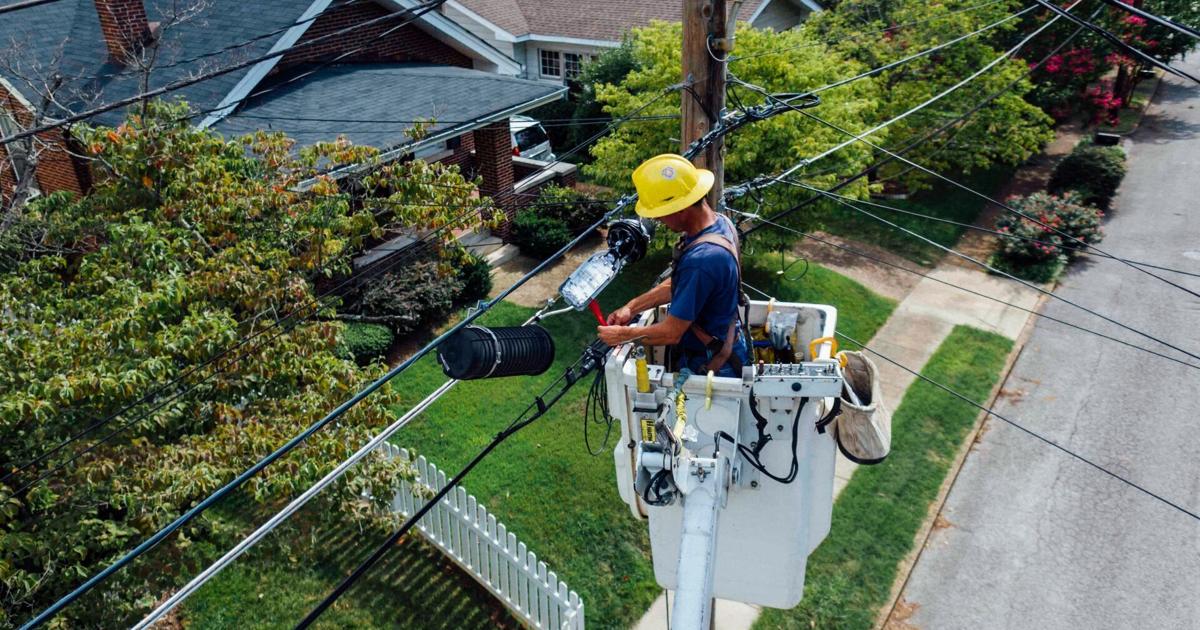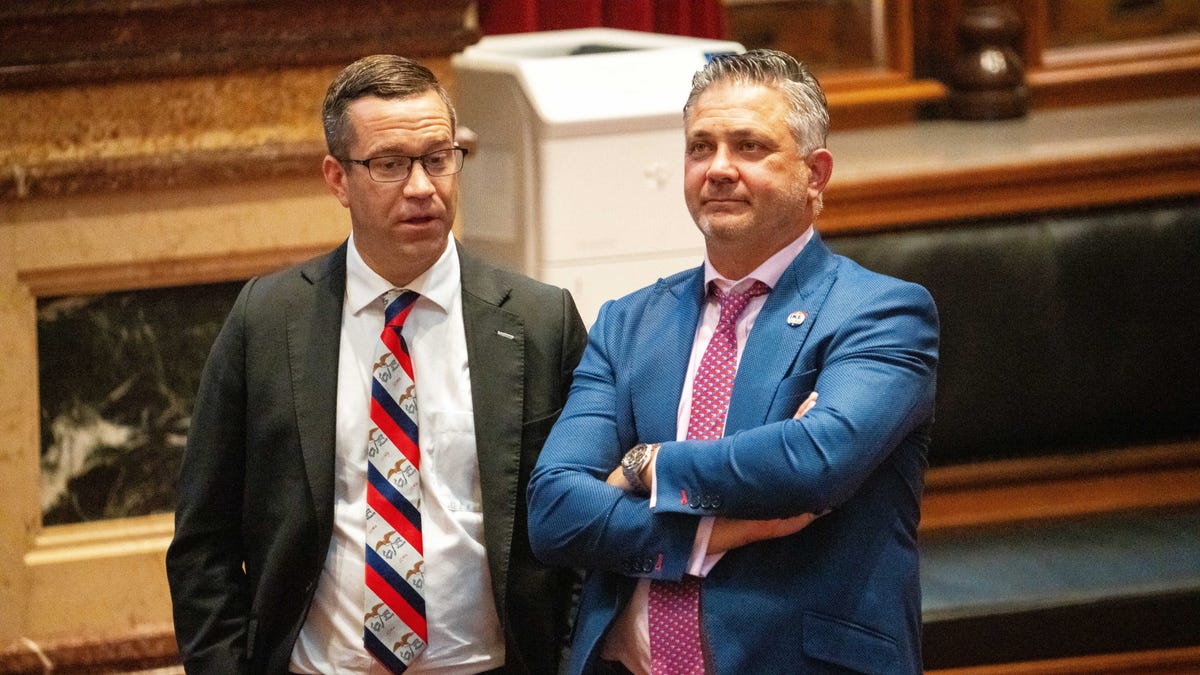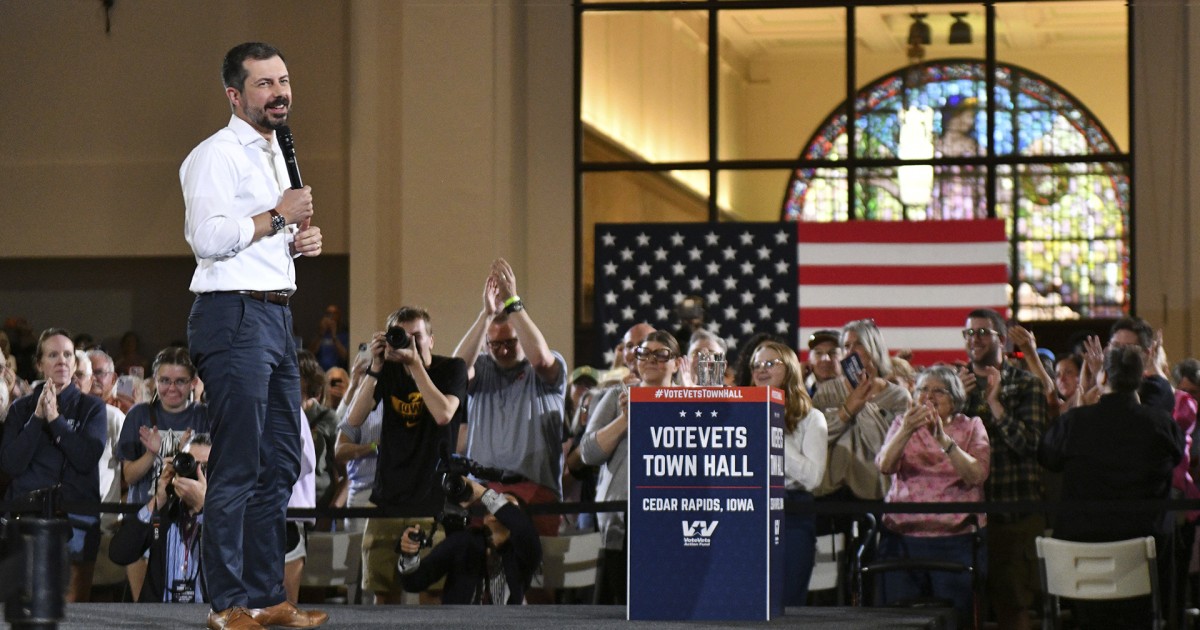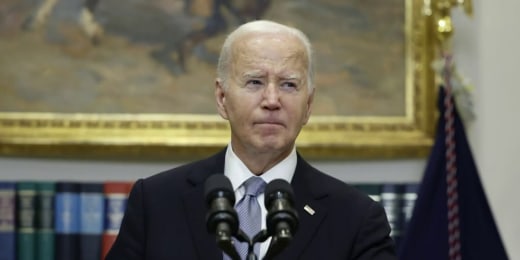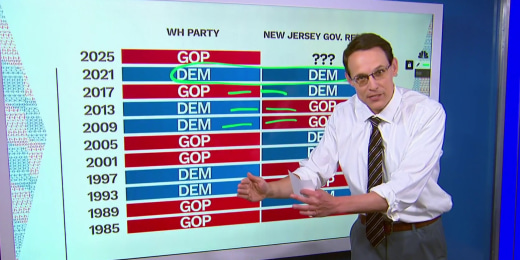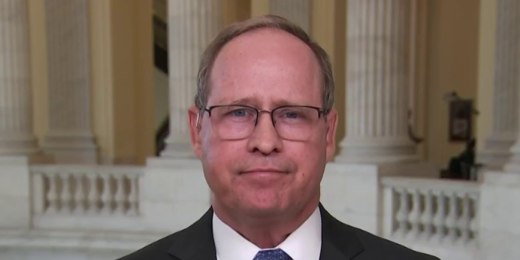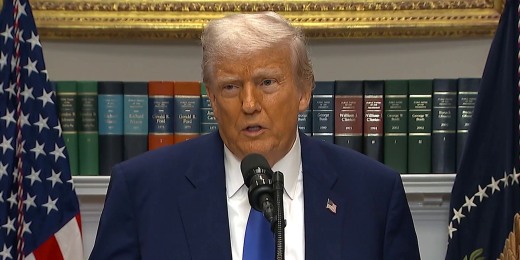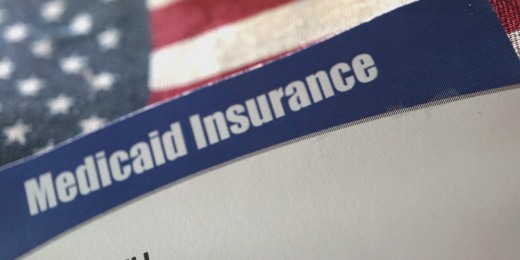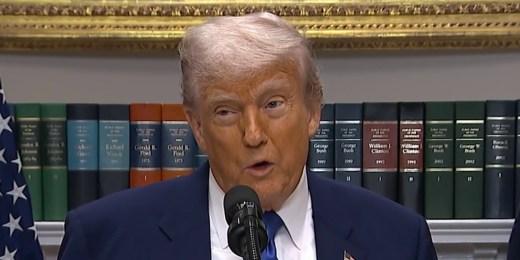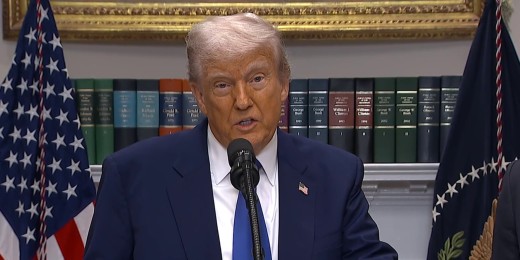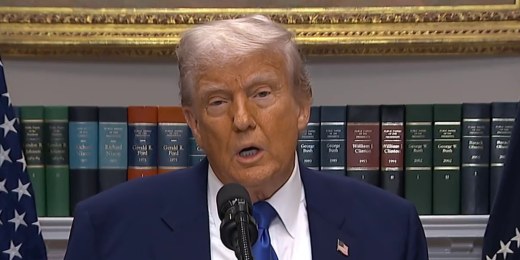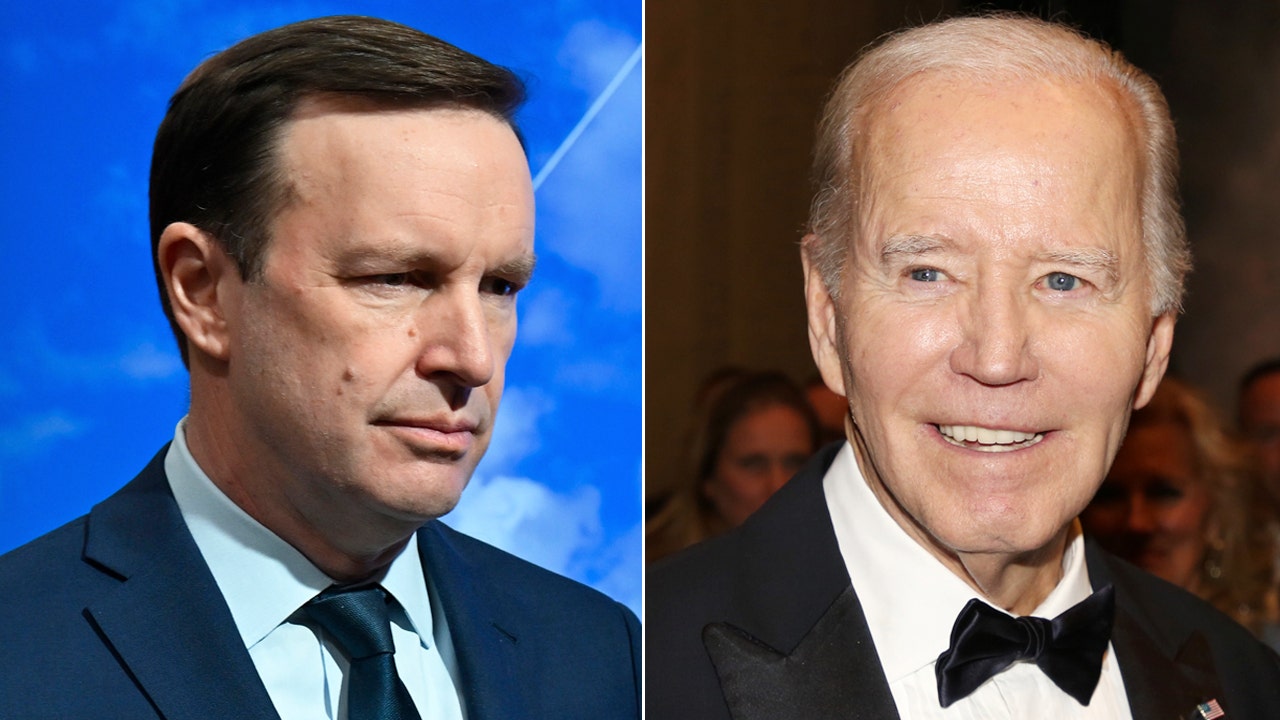Watch Iowa Gov. Kim Reynolds propose unemployment insurance tax cuts
Iowa Gov. Kim Reynolds propose cutting unemployment insurance taxes in half to be more competitive with surrounding states.
- Iowa lawmakers have passed Gov. Kim Reynolds’ bill to cut unemployment taxes for businesses, resulting in more than a $1 billion tax cut over five years.
- The bill would cut in half the amount of wages on which businesses pay unemployment taxes, as well as lower the maximum unemployment tax rate from 7% to 5.4% and reduce the number of tax tables.
- Republicans said Iowa’s high unemployment trust fund balance shows the state is over-collecting, while Democrats said the bill gives corporations a tax break and fails to help workers.
Iowa businesses will see a nearly $1.2 billion tax cut on the money they pay into the state’s unemployment trust fund under a proposal lawmakers passed and is headed to Gov. Kim Reynolds for her signature.
In a statement, Reynolds said Iowa’s unemployment tax “has needlessly punished Iowa businesses.”
“Our unemployment trust fund balance is at an all-time high of nearly $2 billion, while the duration of unemployment claims is at a record low of around nine weeks,” she said. “We’re clearly over-collecting.”
Reynolds called for the unemployment tax cut in her Condition of the State address in January. The bill would cut in half the amount of wages on which businesses pay unemployment taxes, as well as lower the maximum unemployment tax rate from 7% to 5.4% and reduce the number of tax tables.
Those taxes flow into Iowa’s unemployment trust fund, which pays unemployment benefits to workers when they are laid off.
“Passing this bill means nearly $1 billion in savings over five years for Iowa businesses of all sizes,” Reynolds said. “Thank you to our legislators and key stakeholders for their support to help attract new business to Iowa and place existing businesses on a level playing field with our neighboring states.”
The Iowa Senate voted 32-16 along party lines on May 14 to pass the bill, Senate File 607. House lawmakers followed a few hours later with a party-line vote of 60-27.
Democrats said the bill gives businesses a tax break while doing nothing to help workers.
“Fundamentally, my Democratic colleagues and I do not believe that we should be helping our employers on the backs of our workers,” said Senate Minority Leader Janice Weiner, D-Iowa City.
Democrats seek to restore unemployment benefits cut by Republicans in 2022
Democrats argued the tax cuts for employers are possible because of a 2022 law passed by Republicans that cut the maximum number of weeks Iowans can receive benefits from 26 weeks to 16.
They offered amendments to restore Iowa to 26 weeks of unemployment benefits, or 39 weeks in the case of a plant closure. Republicans voted the proposals down.
Sen. Janet Petersen, D-Des Moines, read a list of Iowa companies that have laid off workers this year.
“These are real Iowans facing real job losses just this year,” she said. “And instead of helping them, you want to pull money out of Iowa’s unemployment insurance system to give another corporate tax break to companies that are laying them off.”
Sen. Adrian Dickey, R-Packwood, said Iowans still get 26 weeks of unemployment benefits if there is a plant closure, although that number is down from 39 weeks before the 2022 law.
“When a business does close its doors and goes out of business, we have been compassionate about that issue by moving that to six months of unemployment benefits,” he said.
Sen. Molly Donahue, D-Cedar Rapids, urged Republicans to “stand behind workers.”
“Our unemployment system is rigged for the employers, particularly with this bill,” she said. “It is the workers who hold businesses up and we need to do better by those workers, not give even more breaks to the employers who are laying them off.”
Dickey said the 2022 law included changes that has helped Iowa Workforce Development get Iowans back to work sooner after they are laid off, lowering the state’s average unemployment duration to nine weeks.
“The Republican Party has been the party to stand up for Iowa workers,” he said. “We are the party that wants our workers to aspire more than desiring an unemployment check.”
How much would Iowa employers save in unemployment taxes?
According to an analysis by the nonpartisan Legislative Services Agency, businesses would see a $1.18 billion tax cut over five years if the bill becomes law.
That would amount to roughly $200 to $250 million less that businesses pay into the unemployment trust fund each year, according to the agency’s estimates.
- 2026: $193.2 million
- 2027: $229.4 million
- 2028: $241.2 million
- 2029: $253.5 million
- 2030: $266.3 million
The Legislative Services Agency estimates that Iowa’s unemployment trust fund balance will rise to $2.06 billion in 2026, the first year lower tax rates would take effect. In 2030, the agency estimates the trust fund balance will stand at $1.78 billion.
Will businesses use the savings to help employees?
The bill says employers should use any savings they receive from the tax cuts to pay for employee salaries or benefits or to use as an alternative to unemployment benefits during periods of seasonal layoffs.
House Democrats tried to amend the bill to make that mandatory.
Rep. J.D. Scholten, D-Sioux City, said “knowing what you should do and actually doing it are two different things.”
“Coming into session I came with a mindset that I should eat healthy, but that didn’t happen,” Scholten said, getting laughs from his colleagues.
Corporations should take care of workers, he added, “but that’s not reality.”
“Let me be clear: billionaires do not work harder than the working class,” Scholten said. “It’s bills like this that put a thumb on the scale towards billionaires and towards multinational corporations.”
Rep. David Young, R-Van Meter, said the Democrats’ amendment would create a mandate on businesses and could prevent them from spending money on new equipment or other ways of improving the business.
“While many of us would like to see and encourage employers to use all the savings from the bill on their employees, businesses may need flexibility in difficult economic times,” he said. “And this could actually result in harm to employees instead by tying the hands of employers to strengthen and grow their business.”
Iowa has nearly $2 billion in its unemployment trust fund
Iowa had $1.95 billion in its unemployment trust fund as of May 12.
As of Jan. 1, 2024, Iowa ranked ninth in the country for unemployment trust fund balance, at $1.8 billion, ahead of more populous states.
Democrats pointed out that Reynolds used $727 million in federal COVID-19 relief funds to shore up the fund during the pandemic.
Sen. Zach Wahls, D-Coralville, said it’s a good thing that Iowa has a high trust fund balance, raising concerns about what could happen if a recession hits.
“When the whole point of the fund is to be ready for a rainy day and you see storm clouds on the horizon, you want that fund to be full,” he said. “Because what you don’t want is to have to raise taxes when you’re headed into a recession to make up for a shortfall.”
Dickey said the unemployment trust fund is structured so that if the fund dips below a certain level, businesses move to a higher tax rate so the fund is replenished.
“I don’t agree that those scenarios are coming from an economic standpoint,” he said. “But if they are, the fund is structured to handle those situations.”
How does Iowa’s unemployment insurance taxable wage base compare with other states?
Iowa currently taxes businesses on about $39,500 of an employee’s wages.
That ranks Iowa 12th in the country for its taxable wage base for unemployment insurance.
Iowa’s wage base is the second-highest among surrounding states, second to Minnesota ($43,000).
Reynolds’ proposal would cut that number in half, meaning Iowa would tax businesses on about $19,800 of an employee’s wages.
Iowa would still tax more wages than South Dakota ($15,000), Wisconsin ($14,000), Kansas ($14,000), Illinois ($13,916), Missouri ($9,500), Michigan ($9,000) and Nebraska ($9,000).
The governor’s proposal would also lower the top rate paid by employers from 7% to 5.4%, reducing both the tax itself and the base they pay the taxes on.
(This story was updated because an earlier version included an inaccuracy.)
Stephen Gruber-Miller covers the Iowa Statehouse and politics for the Register. He can be reached by email at sgrubermil@registermedia.com or by phone at 515-284-8169. Follow him on X at @sgrubermiller.

